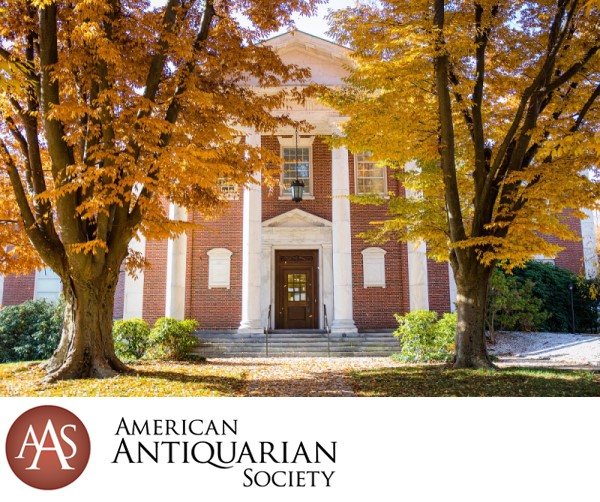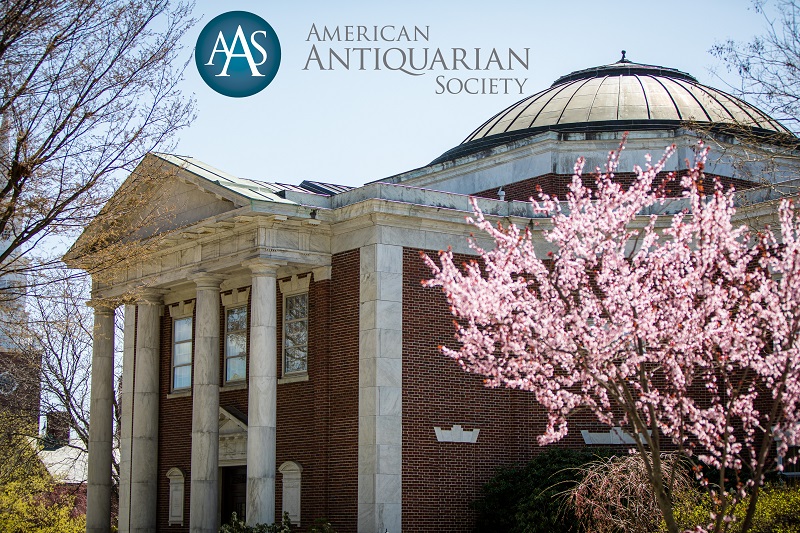Before Madison Avenue: Advertising in Early America
Advertising, both as form and as practice, is everywhere in contemporary America. Billboards line our highways, Internet ads are tailored to suit our every search, and "Mad Men" cleans up during award season. It is one of the key elements of modern corporate capitalism. Advertising promotes familiar brands, introduces new technologies, and seeks to promote the consumer spending that has become the cornerstone of the American economy. From its economic impact to its aesthetic significance, mass-media advertising can be seen as helping shape what we think of as modernity itself.

